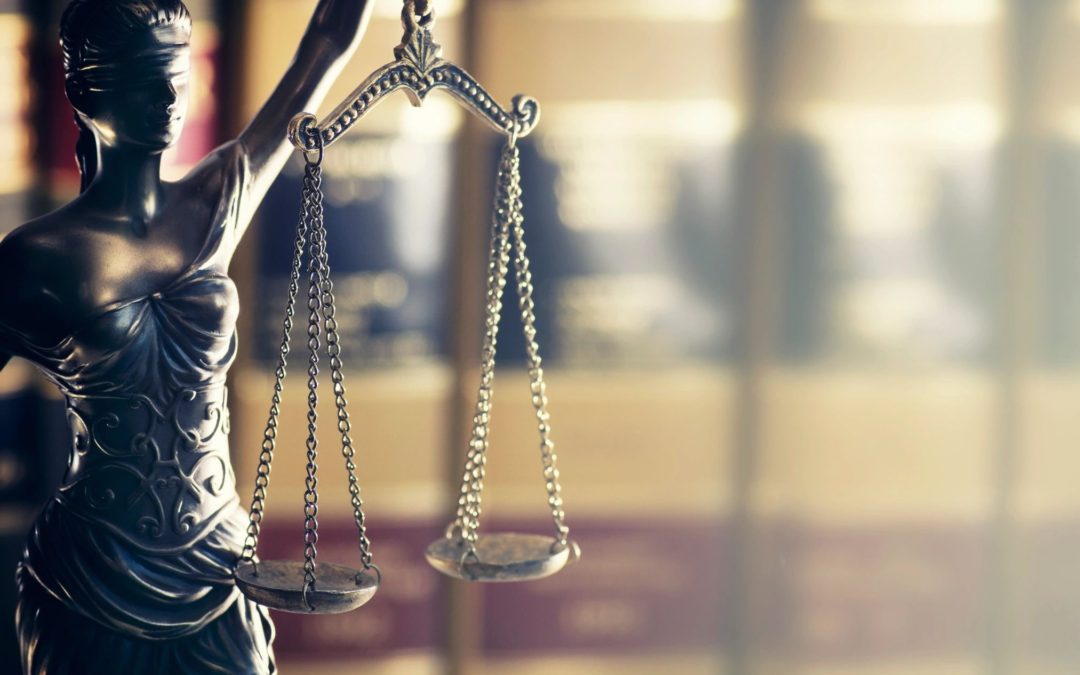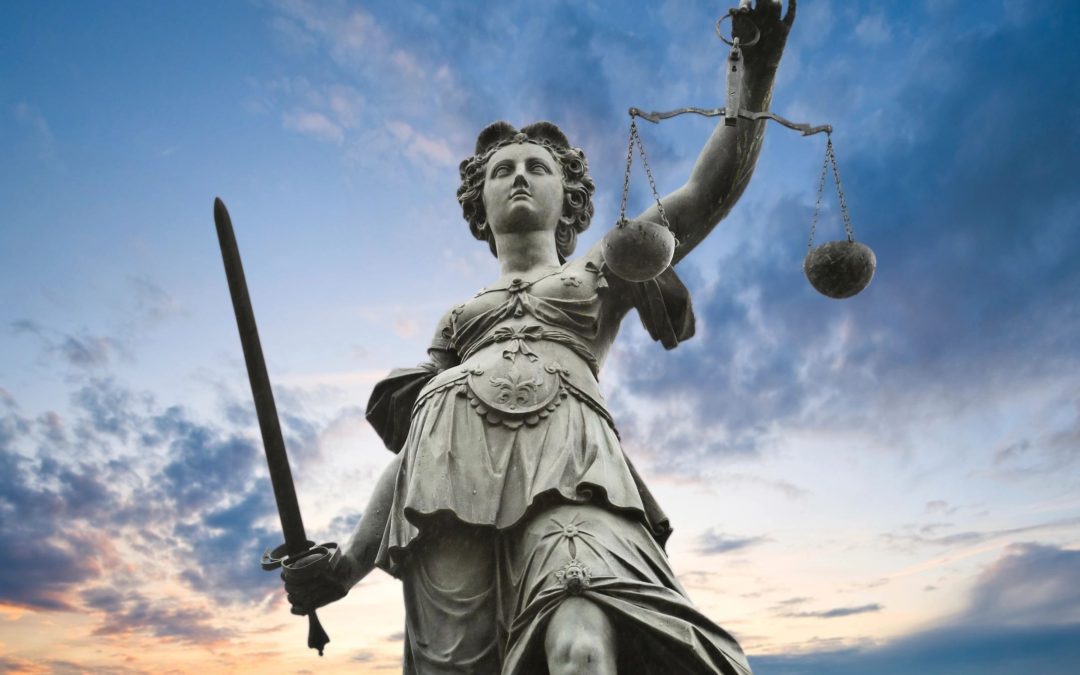
by Kenneth Luchesi | Mar 20, 2018 | PTAB Trial Basics, Time Limits
By: Kenny Luchesi disclaimer A few weeks ago, we posted an article discussing the Federal Circuit’s decision in Arthrex, Inc. v. Smith & Nephew, Inc., 880 F.3d 1345 (Fed. Cir. 2018). (see Disclaimer Before Institution May Not Avoid Adverse Judgment Estoppel). In...

by Jones Day's PTAB Team | Mar 16, 2018 | Claim Construction, Estoppel, Federal Circuit, PTAB Trial Basics
By: Rich Graham and Matt Johnson On March 13, 2018, in Nestlé USA, Inc. v. Steuben Foods, Inc., 2017-1193 (Fed. Cir. Mar. 13, 2018), the Federal Circuit confirmed that collateral estoppel may preclude the need to revisit an issue that had already been resolved against...

by Matthew Johnson | Mar 13, 2018 | PTAB Trial Basics
By: Matt Johnson The PTAB rules state that “[t]he petition and supporting evidence must be served on the patent owner at the correspondence address of record for the subject patent.” 37 C.F.R. § 42.105(a). Prompt service is important in IPRs because the Preliminary...

by David Maiorana | Mar 12, 2018 | Claim Construction, PTAB Trial Basics
By: Dave Maiorana In previous posts, we have discussed whether the PTAB and the district courts can reach different conclusions on the same issue. (See Fed Circ Affirms Conflicting Invalidity Determinations from District Court and PTAB; Can PTAB and Courts Reach...

by Joe Sauer | Feb 27, 2018 | PTAB News, PTAB Trial Basics
By: Tom Koglman and Joe Sauer In a case of first impression, the PTAB recently decided that the doctrine of tribal sovereign immunity does not apply to inter partes review proceedings. See Mylan Pharmaceuticals Inc. v. Saint Regis Mohawk Tribe, IPR2016-01127;...

by John Marlott | Feb 21, 2018 | PTAB Trial Basics
By: John Marlott The AIA expressly anticipates and permits a patent owner and a petitioner to reach a settlement during the pendency of a post-grant proceeding. For IPRs, 35 U.S.C. § 317(a) is entitled “Settlement” and provides, in pertinent part: An inter partes...







